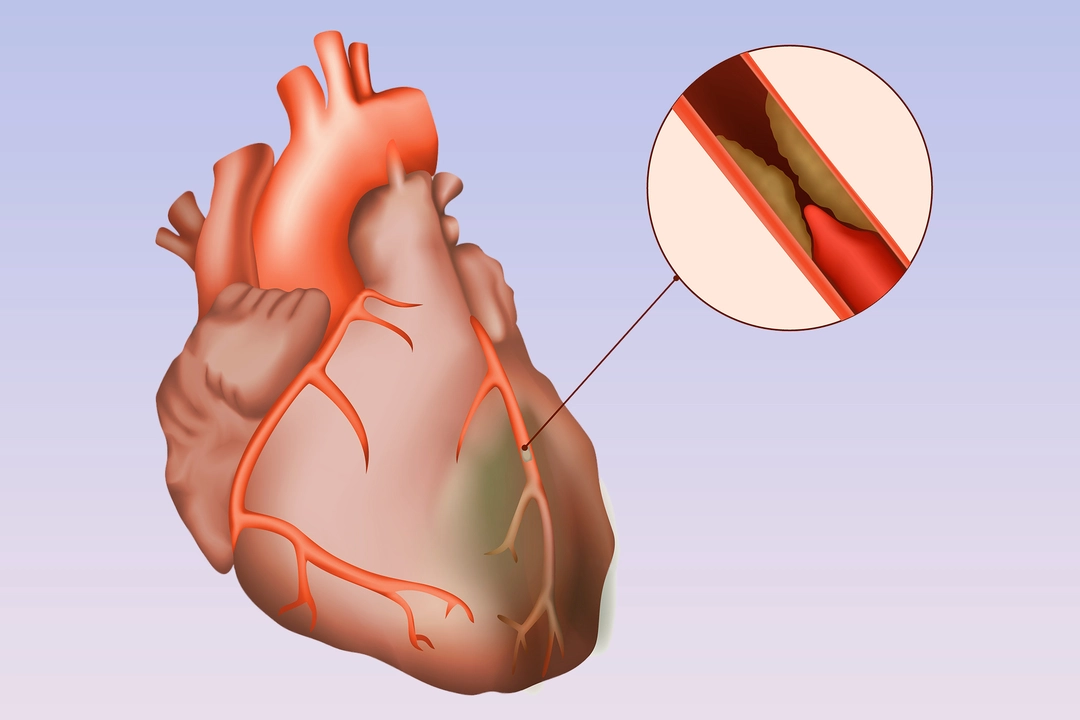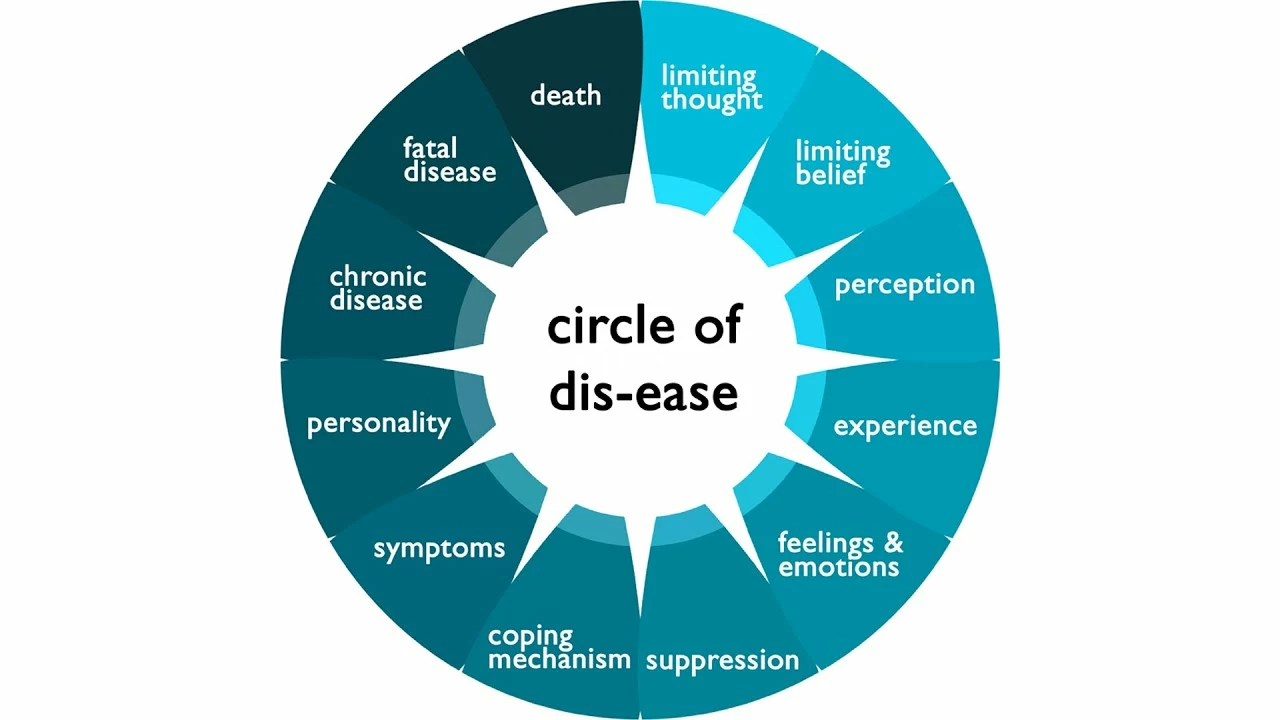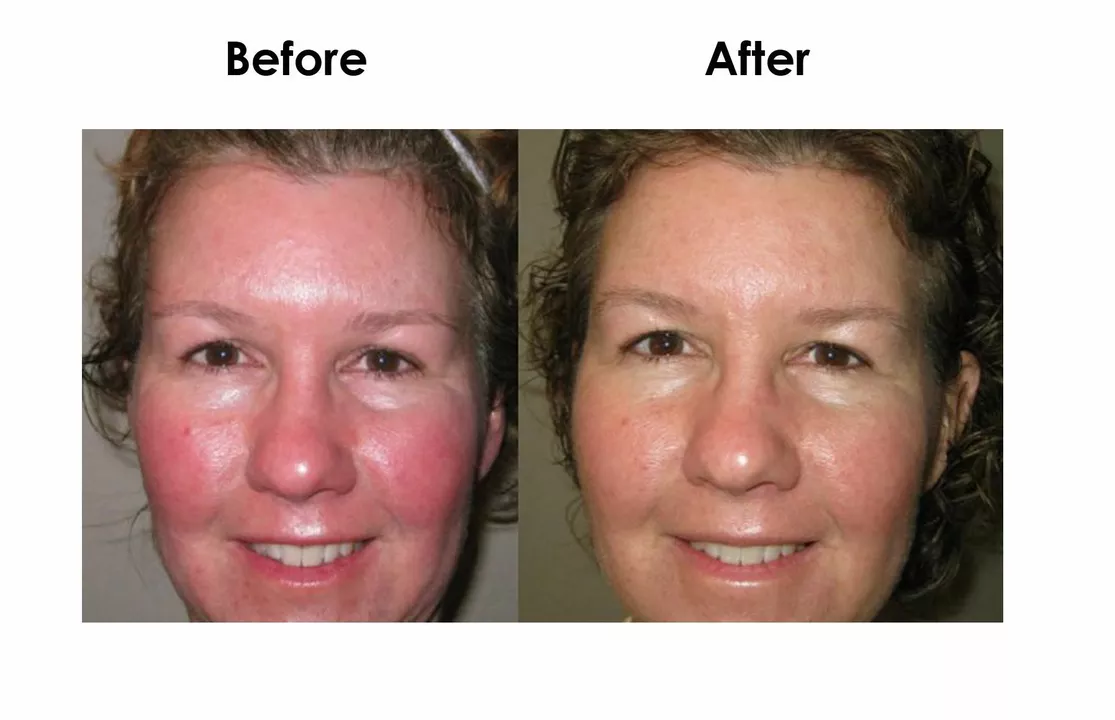eDrugstore May 2023 Archive: Health, Meds, and Practical Advice
eDrugstore.com published a range of practical posts in May 2023 that focus on mental health, sleep, infections, supplements, and managing medication side effects. You’ll find clear takeaways for patients, caregivers, and anyone curious about everyday health choices. Below I summarize key topics and give straight tips you can use now.
Key themes from May 2023
Depression and heart disease: one post highlights how depression raises risk for coronary artery disease via stress, inflammation, and lifestyle changes. If you notice low mood with chest symptoms or poor motivation to exercise, mention both to your clinician. Early mental health care often protects the heart.
Sleep problems: we compared sleep apnea and insomnia so you can spot the difference. Sleep apnea means breathing pauses and daytime sleepiness; insomnia means trouble falling or staying asleep. If you snore loudly, wake gasping, or feel exhausted despite time in bed, ask for a sleep study.
Infections and antibiotics: posts covered tattoo-related skin infections, salpingitis treatment with azithromycin, and ways to prevent tuberculosis. Clean tattoo care, finish prescribed antibiotics, and keep living spaces ventilated are simple moves that cut risk and transmission.
Supplements and joint health: krill oil earns attention for omega-3s and joint mobility, while Galphimia glauca is discussed for anxiety and allergy relief. Treat supplements as tools: check interactions with your meds and aim for consistent use over weeks to see effects.
Medication side effects and support: writers described emotional impacts from acitretin and nilotinib. Mental changes can be real and distressing. Talk openly with your prescriber, track mood shifts, and bring a friend or caregiver to appointments when decisions get heavy.
Dermatology notes: scaly overgrowths and red irritated eyes were covered with practical signs to watch. Persistent or changing skin lesions need a dermatologist check; simple home remedies can help mild eye irritation but don’t delay care for pain, vision changes, or severe redness.
Practical tips and next steps
- Share symptoms early: mental or physical changes often overlap. Mention sleep issues, mood, or new skin problems at your next visit.
- Use antibiotics correctly: one-dose azithromycin can work for some infections, but follow guidance and test if symptoms persist.
- Treat supplements like meds: check safety, dose, and quality before starting.
- Prevent spread: cover coughs, ventilate rooms, and complete treatment courses for TB or other infectious diseases.
- Track side effects: keep a simple log of mood, sleep, or new symptoms then review it with your clinician.
Each May article aimed to give clear, steps rather than dense theory. I choose topics based on common questions readers send and health concerns. When possible, posts link to guidelines or studies so you can check sources. If you want a deeper dive on any topic from May, tell me which one and I’ll point you to the useful posts.
If a specific post grabbed your attention, read the full article for details and references. And if you have a question about a condition or medicine, ask your healthcare team — online reading helps, but personal care needs a real conversation.













